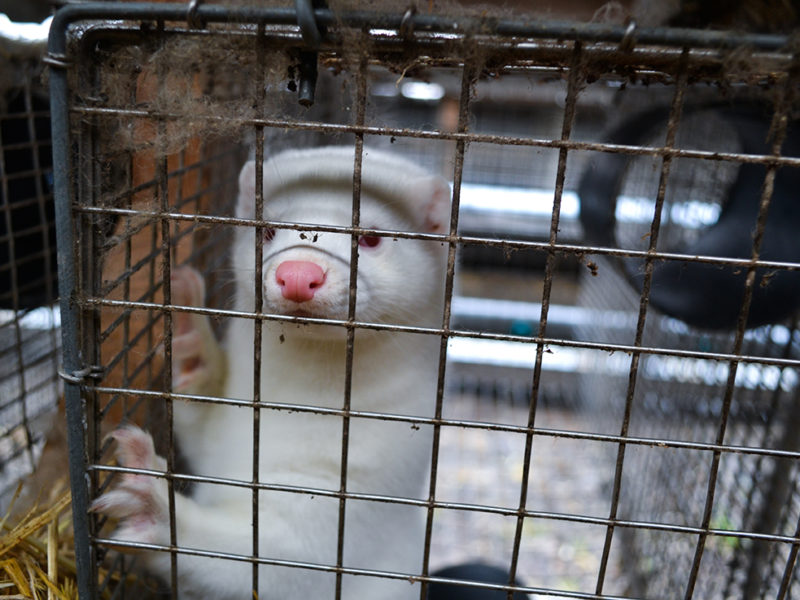Canada’s mink farmers plan to challenge BC’s bid to shut down the sector.
An announcement November 5 outlined a three-step process under an order issued by provincial health officer Dr. Bonnie Henry that begins with a ban on mink breeding effective immediately, followed by a ban on live mink on farms by April 2023 and the closure of all operations by 2025.
However, the ban will require an amendment to the province’s fur farm regulation. The ban is therefore open for public comment through November 15, after which the regulation will be amended to ban mink farming.
The announcement was positioned as a public health initiative, as public health officials have been unable to suppress a COVID-19 outbreak at one of the three mink farms in the province affected by the novel coronavirus. These are the only three farms in Canada where the disease has surfaced. All farms are in the Fraser Valley.
The narrow scope of the problem led the Canada Mink Breeders Association to say the ban was a reaction to pressure from activist groups, something the province denies. Yet during the recent RegenBC agritech conference, fur farm activists disrupted agriculture minister Lana Popham’s remarks with graffiti calling for an end to fur farming.
“We know that animal activist groups in BC have been campaigning against mink farming for years, as the thin edge of the wedge in their efforts to eliminate all animal agriculture,” says association president Rob Bollert. “It is shocking that the BC government would surrender to activist pressure tactics, rather than basing policy on science and proven good practice.”
The association’s past president, Matt Moses, says the association is considering its options. He notes that if the ban was truly a public health initiative, the farms would have been shut down immediately rather than allowed to keep mink through April 2023. Denmark, for example, depopulated all farms in response to outbreaks there last year.
The association will await the results of the public consultation and see what form the ban takes before deciding how to attack it.
“We’re not really sure what we’re fighting yet because it doesn’t exist,” says Moses.
But the impact on the province’s farm sector will be significant, whatever happens. While the province is home to just nine mink farms with 318,000 mink, it consumes millions of pounds of food waste each year, from waste protein to spent fowl.
“This stuff is simply not going to have anywhere to go,” says Moses.


 Promotions help secure markets
Promotions help secure markets